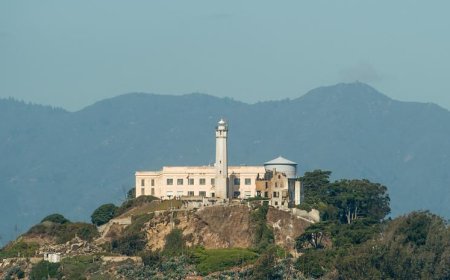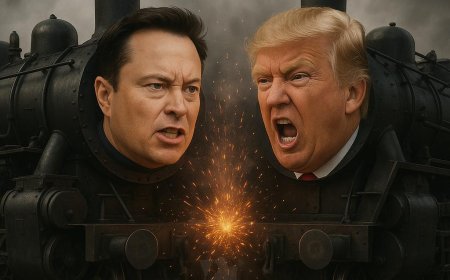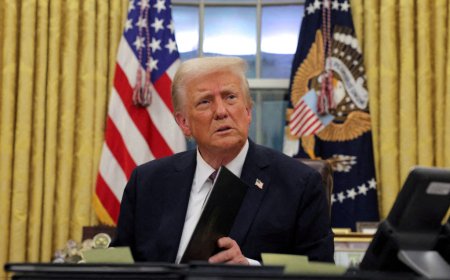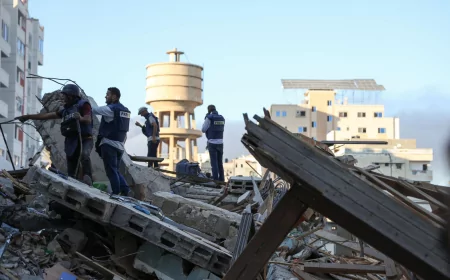Chevron's exit, currency devaluation and exchange rate differential shake Venezuelan economy
The Venezuelan economy is showing new warning signs on its dashboard. The slow recovery of these three years, after the economic crash of the 2014-2020 period, faces several risks in this first quarter of the year. The decision of the American president, Donald Trump, to eliminate the license to the multinational Chevron to operate in Venezuela threatens a serious budget imbalance that foresees new economic storms.
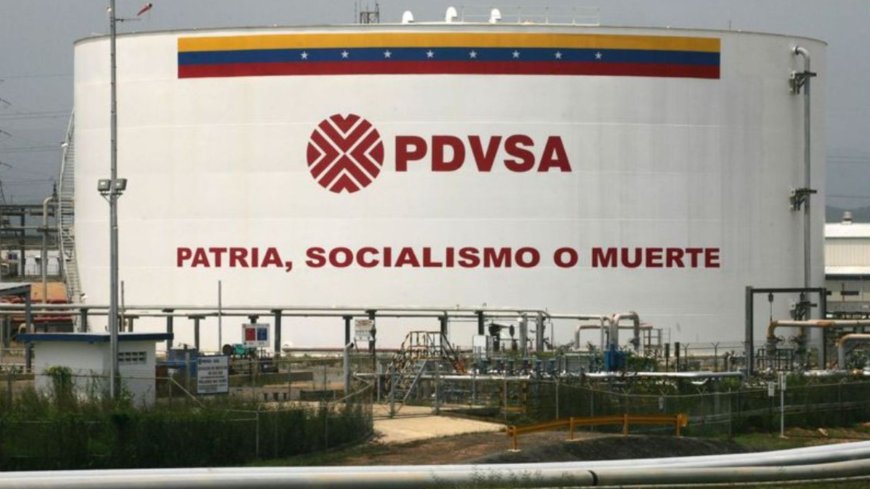
Ads by
Por El País
Join the club now! Subscribe to the most important newsletter of Venezuela
After successive political crises and economic havoc in the last 25 years, the Venezuelan economy, with an industry and an export apparatus at its historical minimum, is even more dependent than ever on its oil and petrochemical income. After a time of relative stability, the official exchange rate has had a depreciation of 81% since September. A year ago, a dollar was valued at 36 bolivars. Today, at 64. The differential between the official dollar and the parallel one, which is already sold at 73 bolivars, presents a gap of 27%, with a tendency to grow.
Inflation, which seemed to be averted in mid-2024, has climbed again: in January, it jumped to 7%, a very high digit for the first month of the year, a figure that the Central Bank of Venezuela recognizes at 4. Venezuelan salaries remain the lowest in the region. Venezuela comes from an economic growth close to 4% of GDP in 2024, and had planned a relatively similar rate, perhaps somewhat smaller, according to some sources, for 2025. Obviously, before the Chevron news.
Venezuela would have to present double-digit growth rates for several years to recover its former size, during which time it was the fifth, and sometimes the fourth, economy in Latin America, before Nicolás Maduro came to power. The impact of Chevron's departure on Venezuela's weak productive structure will be known when the terms of its exit are clear. Formally, the company would have six months to leave while maintaining operations until August 1 (which would mean that its dollars would continue to flow into the treasury until that time). There are, however, those who maintain that there is an alleged interest in Washington to hasten the exit right now, according to what is reported in Venezuelan information circles in Miami. There is also much talk of new negotiations and a new energy agreement between Maduro and the United States. The situation is confusing.


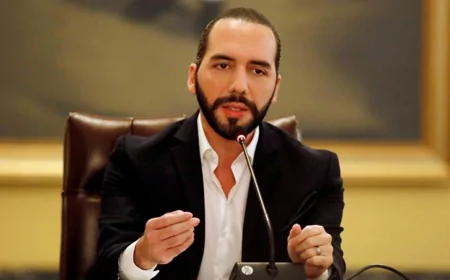



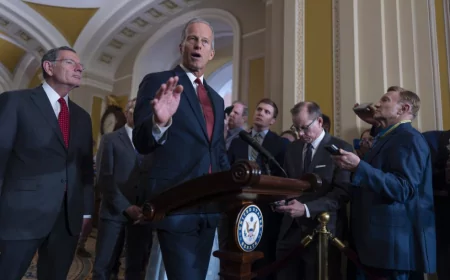
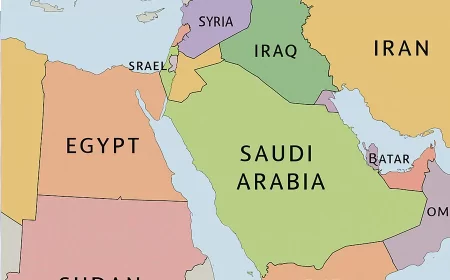

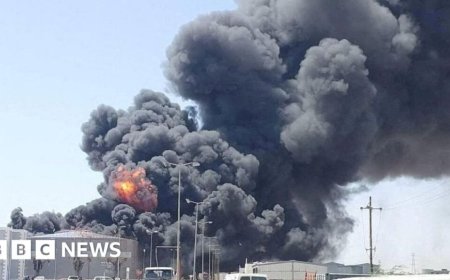



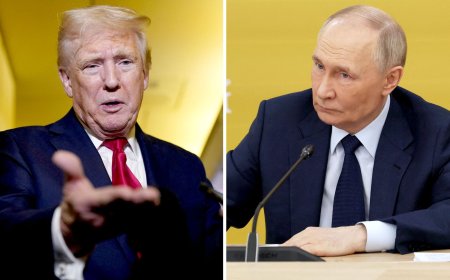
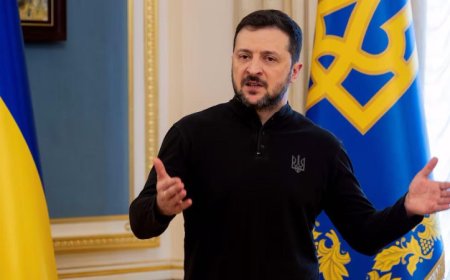
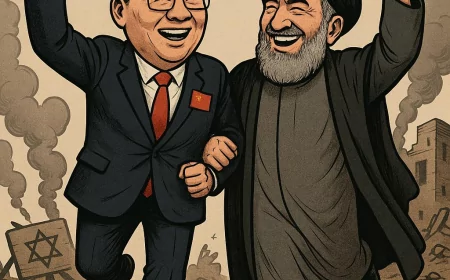
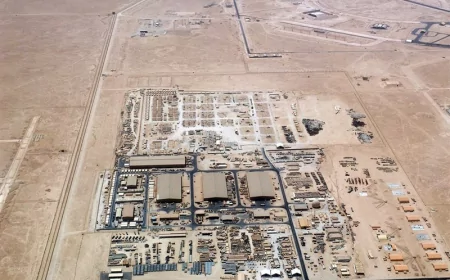
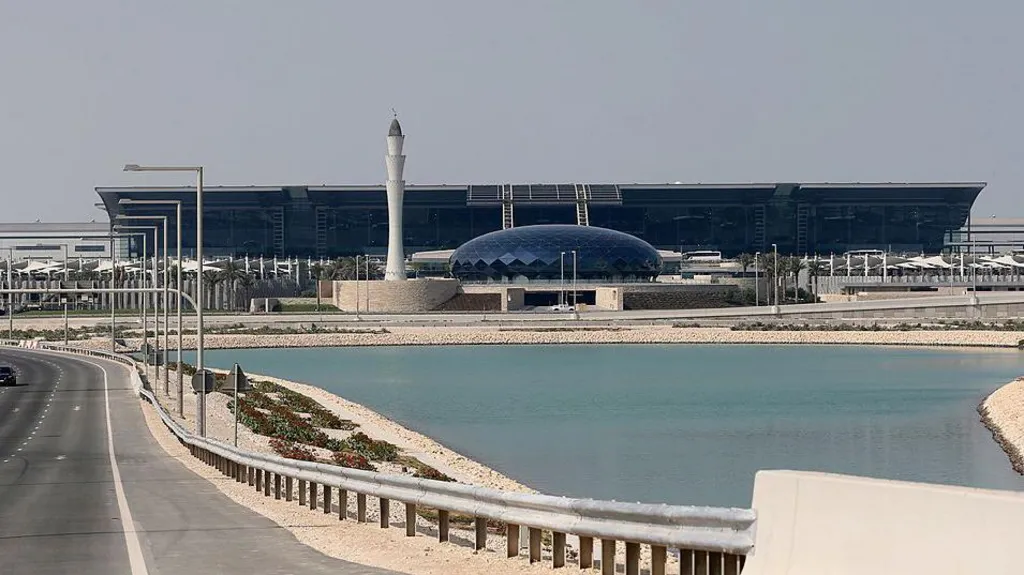
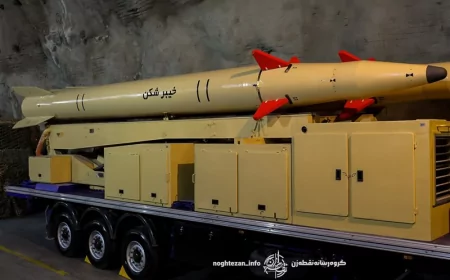
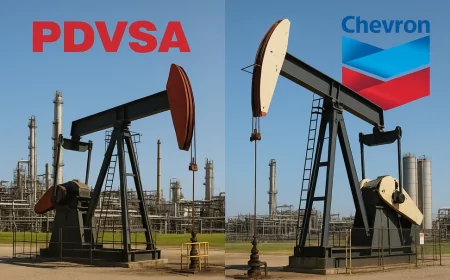
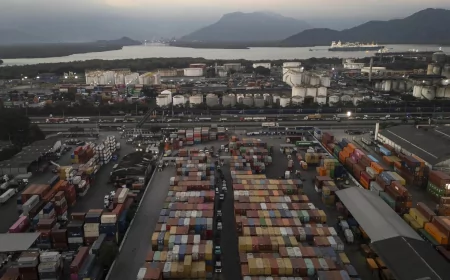

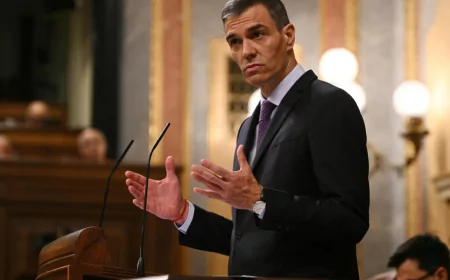

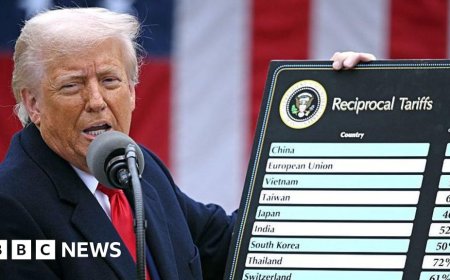
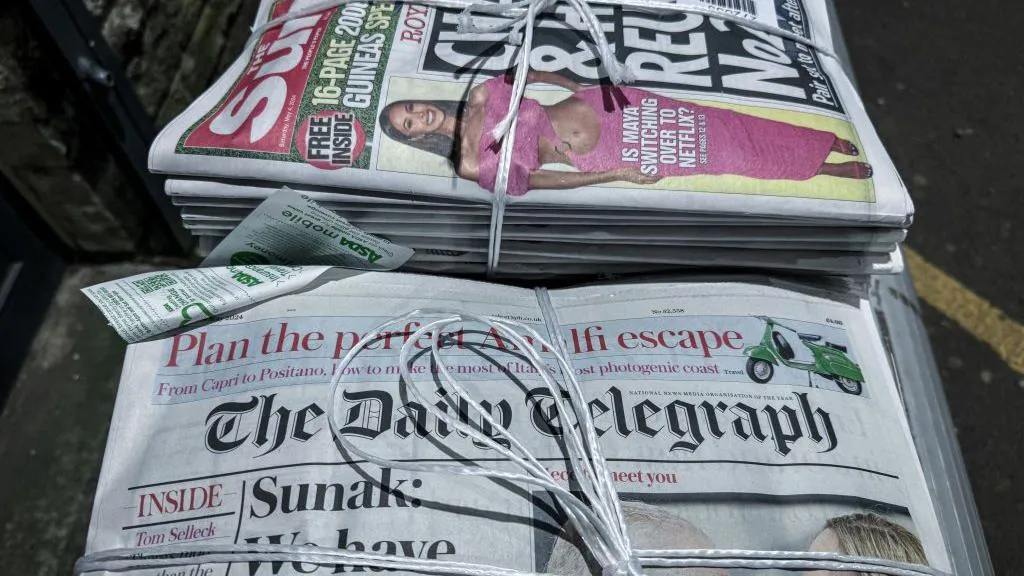
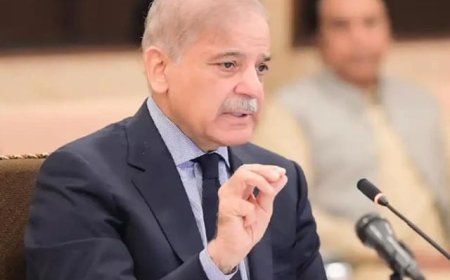














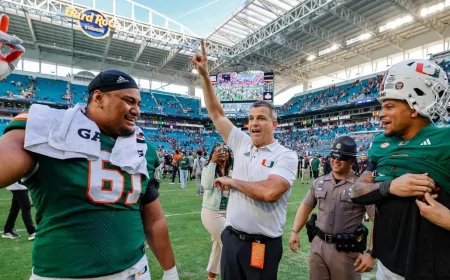






:format(webp)/cdn.vox-cdn.com/uploads/chorus_image/image/73776247/1227541383.0.png)





















